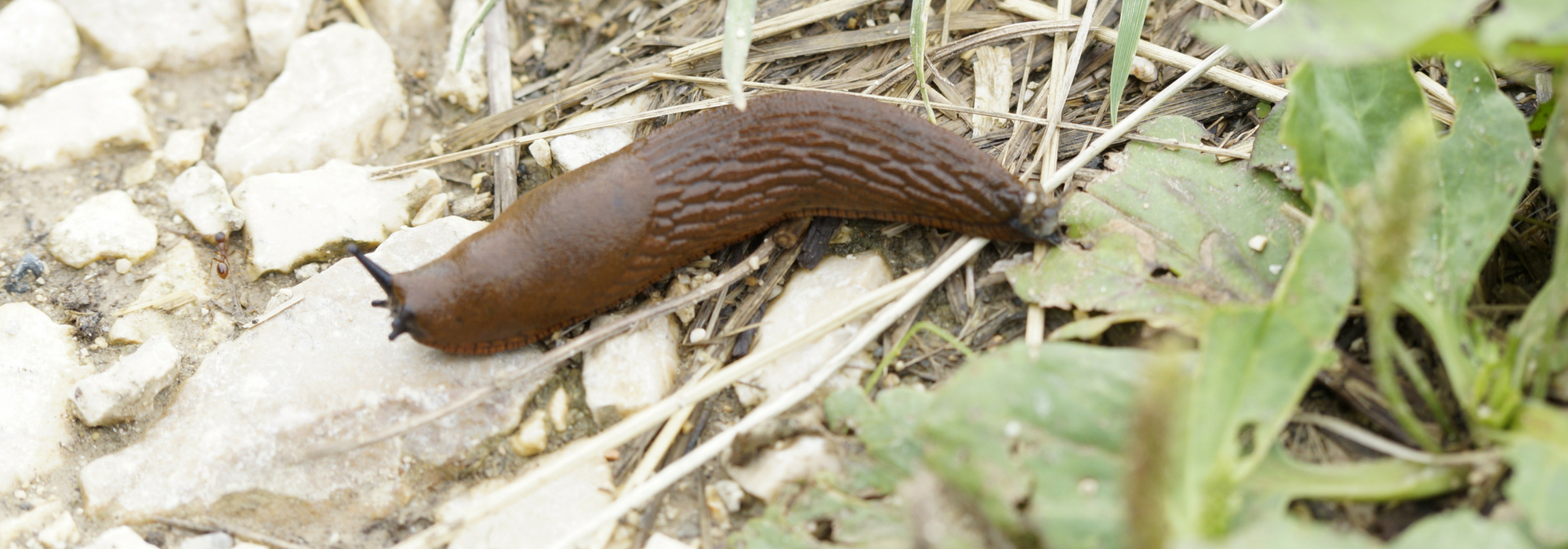
Slugs: 7 ways to fight effectively and naturally
in the garden and in the vegetable patch
Contents
Slugs, or rather slugs, as there are nearly 10,000 species, are among the most feared pests in the garden… especially in the vegetable patch.
Slugs typically thrive in damp weather and can cause damage that is not only aesthetic but can also, in a single night, devour an entire rank of lettuces, make the first leaves of a hosta or dahlia disappear, or even attack the strawberries you were counting on for your Sunday menu!
In gardens, in response to these gastropod attacks, the fight is organised. Everyone experiments with their own weapons: ash, crushed egg shells, coffee grounds, beer traps… Some gardeners have tried everything or nearly: finding a natural and effective slug deterrent is not necessarily simple!
So today, let’s discover the means and range of possibilities to combat and prevent slug damage, naturally.
→ To learn more about the different methods of combating slugs, also listen to our podcast:
Keep slugs at bay
The first way to protect your plants from slugs is to make life difficult for them. To prevent or at least slow down their progress, you can spread physical barriers on the soil made of:
- ash,
- crushed eggshells,
- hemp flakes,
- lava rock…
Coffee grounds are also sometimes mentioned, but the effectiveness of this “grandmother’s remedy” is not proven.
In the vegetable garden, it is also possible to protect young plants (such as lettuce) with collars that are suitable. This solution seems to be more effective than copper rings, which have mixed reviews.
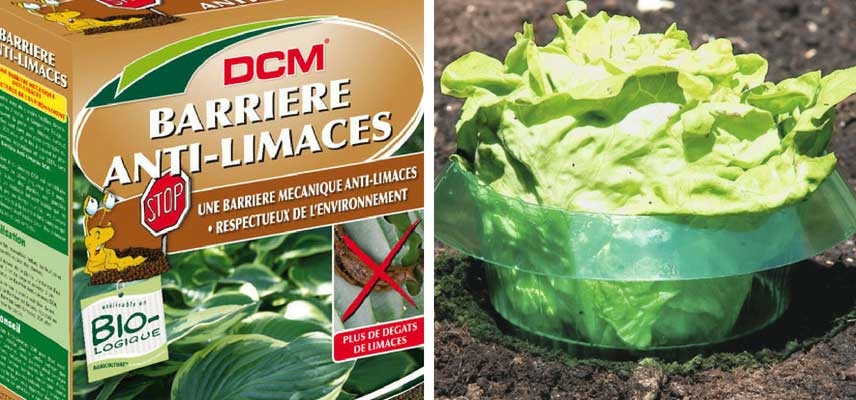
Two ways to physically combat slugs: lava rock and collars (image: http://www.windhager.eu)
The advantage of this strategy is that some of these ingredients are free and, provided you are a bit organised, they are easily available. Furthermore, except for ash, which should not be used excessively, they are safe for the soil and animals (see the article “Wood Ash: How to Use It in the Garden?”). Finally, they do not kill slugs, which is often an important criterion for nature lovers.
The disadvantages of these barriers lie in the fact that, except for lava rock, the protection is not durable: ash is no longer effective after the first rain, and hemp flakes, once compacted, lose their rough character. Therefore, it is necessary to frequently renew the protections.
Effectiveness: 3/5
Set up slug traps
Making and setting up slug traps helps to regulate their population. Here you will find our version:
The beer trap is a classic: attracted by this beverage they love, slugs come from afar only to drown in it.
These traps are easy to make, using a water bottle and a ice cream box with a small opening. They can also be found commercially. Place them in the middle of crops or flower beds, then regularly check the traps to remove dead slugs and replenish the beer.
Do note that you must not simply place a container filled with beer: hedgehogs are also fond of it and drunkenness makes them very vulnerable. It even seems they can die from an alcoholic coma.
Effectiveness: 3/5
Discover other Hostas - Plantain Lilies
View all →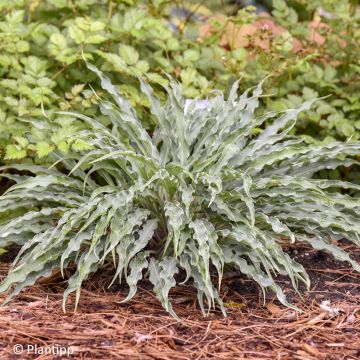
Available in 1 sizes
Available in 2 sizes
Available in 1 sizes
Available in 1 sizes
Available in 1 sizes
Available in 1 sizes
Available in 1 sizes
Available in 2 sizes
Available in 1 sizes
Available in 2 sizes
Use pellets
If the blue slug pellets often raise suspicion among gardeners, it is because they have long been synonymous, rightly so, with poison. Indeed, to this day, there are still two types of slug pellets that come in this form:
- metaldehyde-based pellets, a polluting substance that is, in fact, a convulsant poison for dogs and cats… We strongly recommend not using this,
- iron phosphate pellets or “Ferramol”, safe for the environment and for pets… which you can use even in organic gardening. Note, by the way, that these pellets are rather blue-green.
Ferramol is attractive to gastropods (slugs and snails). It withstands rain, and its effectiveness is even enhanced in humid weather. Once ingested, it produces a powerful appetite suppressant effect, and the slugs die in their hiding places. It can be used both in the vegetable garden and in ornamental gardens and is quite economical: a few pellets evenly distributed are enough to limit the presence of slugs.
Effectiveness: 4/5
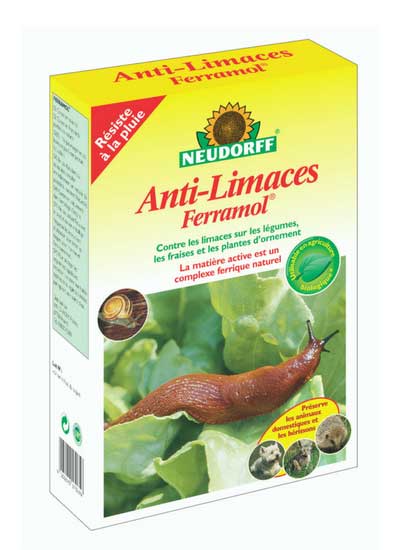
Ferramol, a slug repellent suitable for organic farming
Read also
Nourrir le sol naturellementSow repellent plants
Borage, yarrow, marigold, hyssop, as well as wormwood and tansy are known for keeping slugs at bay. These anti-slug young plant seeds, sold in a mix, provide an interesting solution for the vegetable garden as they help keep the “slimy ones” at a distance. To achieve this, it is advisable to sow these flowers along the edges of the plot or between the ranks. This solution is not miraculous, but it helps enhance the effectiveness of other control methods.
Effectiveness: 2.5/5
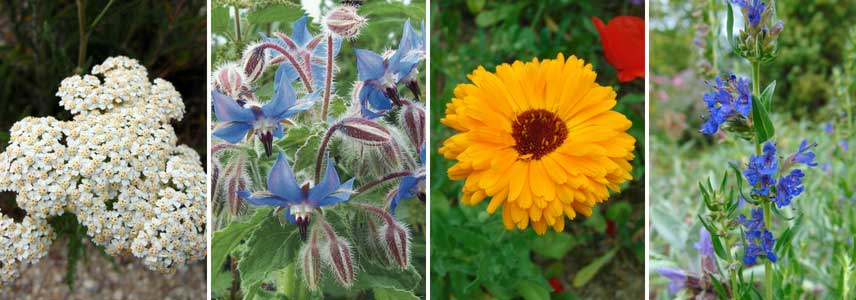
Yarrow, borage, marigold, and hyssop: plants that repel slugs
Collecting slugs by hand
Gardeners may not always think about it, but collecting slugs by hand (or with a pickle fork for the more delicate) is a good way to eliminate these unwanted pests. To do this, act early in the morning when they are still wandering about with impunity… or provide them with shelters using tiles, overturned crates, or even planks of wood where they can take refuge during the day. All that’s left for you to do is to go on a “foraging” mission.
The benefit of this practice also lies in the fact that their fate is in your hands: you can, as some do, cut them up on the spot, without mercy, or choose to take them on “holiday”, to the wood or a very remote corner of the garden.
Unfortunately, this technique only works on larger specimens: it quickly becomes tedious to tackle the very small slugs that can, nonetheless, cause significant damage.
Effectiveness: 4/5
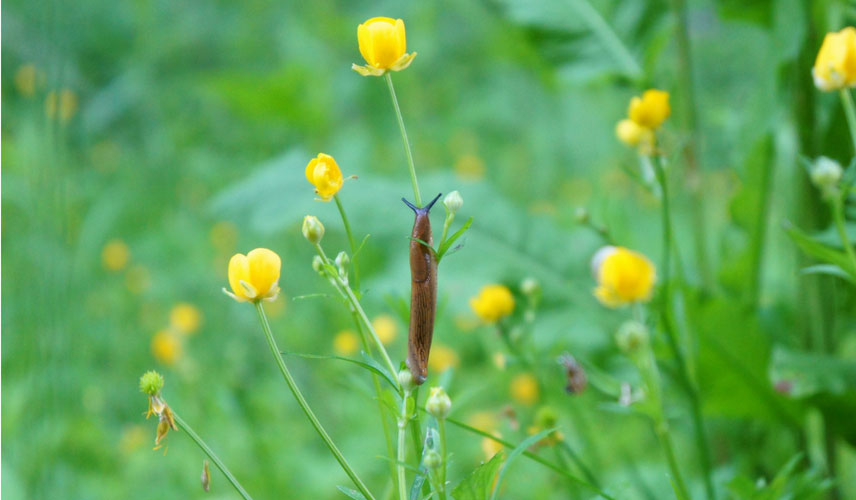
A slug, on holiday… far from the vegetable patch
Hire a hitman
Dealing with slugs can be outsourced, and you can entrust this task to two main agents:
- the nematodes Phasmarhabditis hermaphrodita
In cases of severe and recurring infestations, resorting to an organic control solution may be necessary. Organic and with no real impact on the garden’s balance, this method of control is also very effective. It involves inoculating the soil with nematodes (here, Phasmarhabditis hermaphrodita). These microscopic worms will parasitise the slugs, causing them to stop feeding… until death ensues. Although quite simple, using these nematodes requires some precautions: they must be used at the right time, in soil that has been pre-warmed (minimum 5 °C) and moist.
To learn more, consult our dedicated page on auxiliary nematodes.
- Indian runner ducks
Less discreet than nematodes, the Indian runners or “penguin ducks” are also champions of biological eradication! True gardening assistants, these comical-looking birds are known for working delicately, as, unlike chickens, they do not scratch the soil. However, to welcome them, you will need to provide a safe shelter and a small water feature where they can frolic.
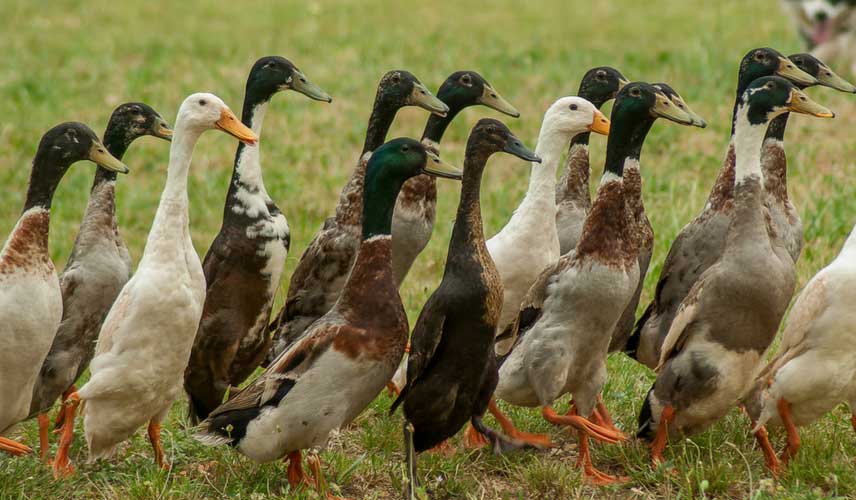 Indian runner ducks, formidable slug hunters[/caption>
Indian runner ducks, formidable slug hunters[/caption>
Effectiveness: 5/5
Let nature take its course!
Slugs (like snails) are not just a nuisance for gardeners; they have a real purpose in the garden and, more broadly, in nature. Indeed, they are part of the decomposers without whom the sought-after humus in the garden would not exist. Slugs also play a role in the food chain of garden wildlife: they are a delicacy for hedgehogs, as well as song thrushes, toads, slow worms, and lizards…
→ To learn more about the life cycle of slugs, check out our article: “Slugs in the garden: understanding their life cycle to manage them better.”
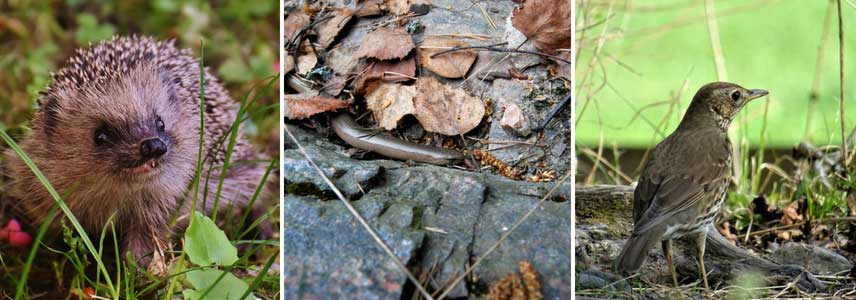
The hedgehog, slow worm, and song thrush consume slugs, thus protecting the garden
In a natural garden, the presence of slug predators will be favoured over their systematic extermination.
To learn more, discover the article dedicated to natural crop protection.
And to prevent them from systematically nibbling on your young hosta leaves, dahlias, or young lettuces, distract them by providing their favourite food in the garden: dead plants in a compost or even plants they love, such as mustard.
Of course, the results will not be immediate… but they will be more sustainable and truly ecological.
Effectiveness: 5/5
- Subscribe!
- Contents
































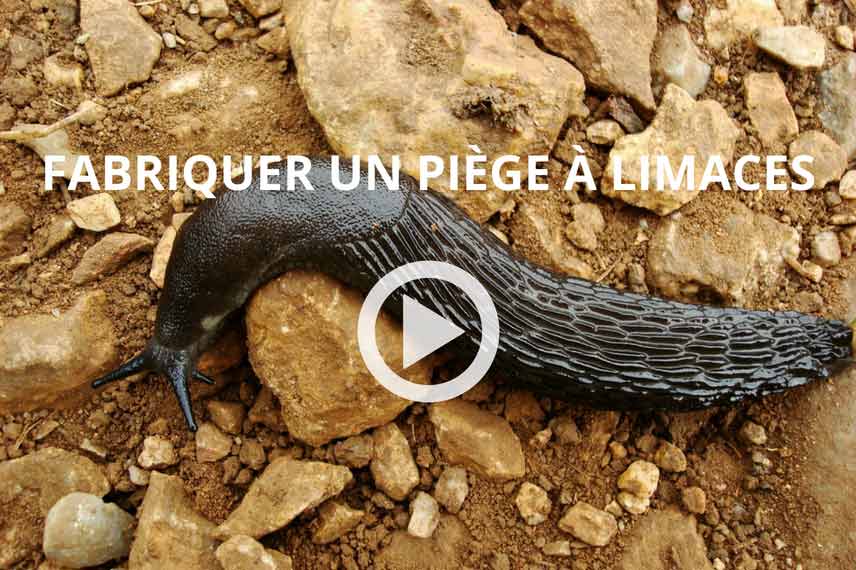
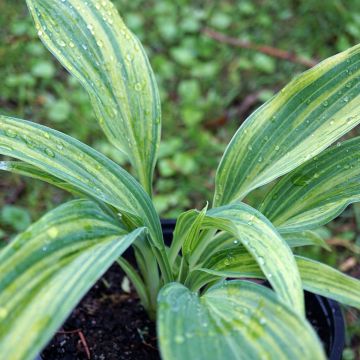
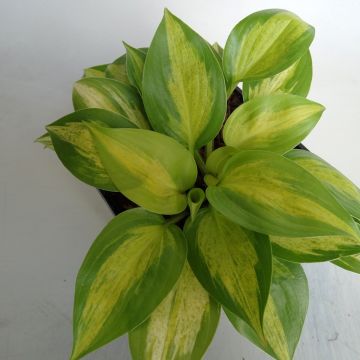
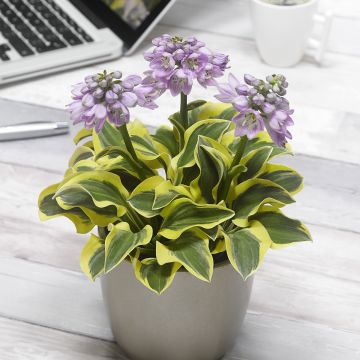
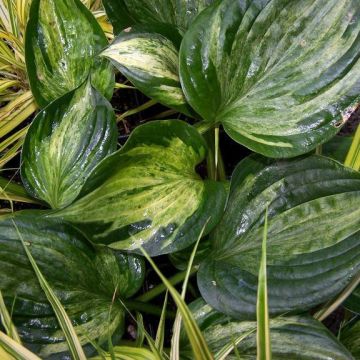
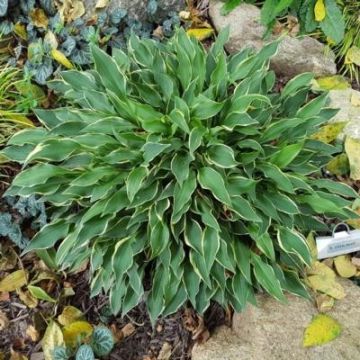
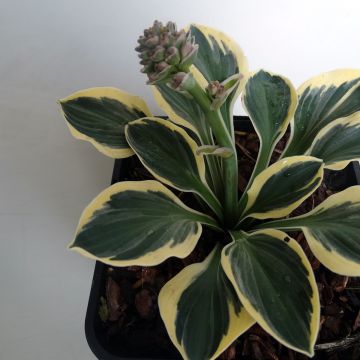
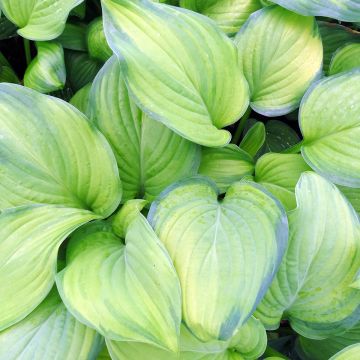
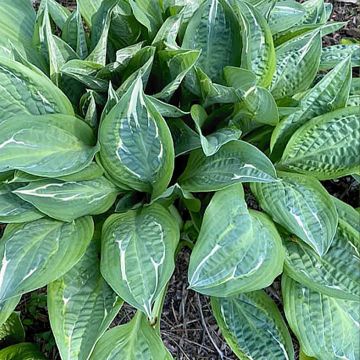
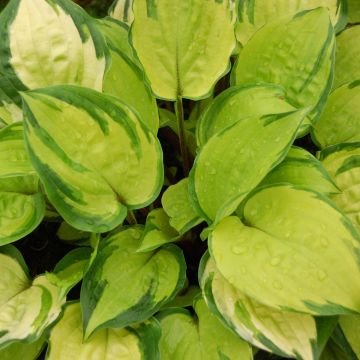
Comments